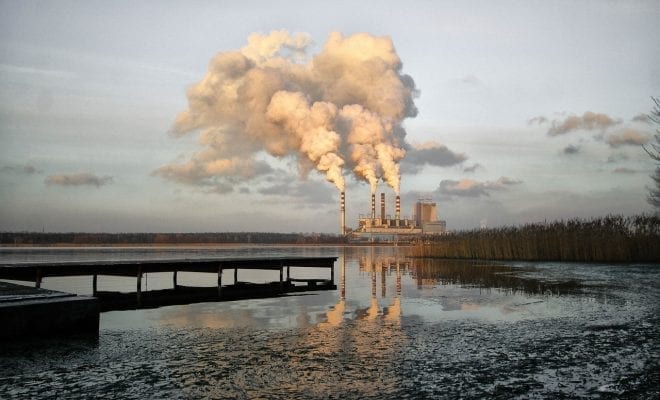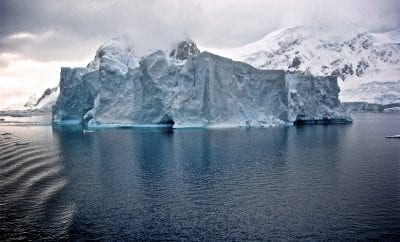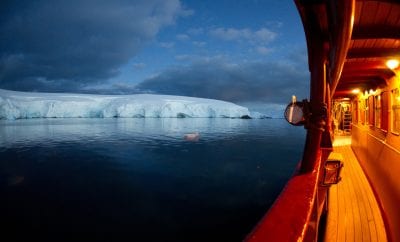
News
U.N. Report States Planet Has Until 2030 to Stop Catastrophic Climate Change
A report issued by the UN Intergovernmental Panel on Climate Change (IPCC) relayed some troubling statistics on just how dire our environmental situation is. The report warns that by 2030, the overall temperature of the Earth will rise 2.7 °F above pre-industrial levels, potentially leading to an increased risk of extreme drought, wildfires, and food shortages for hundreds of millions of people.
Governments around the world have echoed this concern, calling for nations to take “rapid, far-reaching and unprecedented changes in all aspects of society.” In order to avoid this increase in global temperature, drastic and immediate action will need to take place in the next few years.
We will need to reduce global net emissions of carbon dioxide by a factor of 45% by 2030; by 2050, this figure would have to reach a “net zero” amount to stop the planet from warming 2.7 °F. Accomplishing this would require a massive change in the way we utilize our energy. It would require altering our energy use in buildings, industry, transportation, and cities, according to the report.
Large-scale carbon scrubbing technologies do exist, but they have yet to receive widespread adoption and implementation. These technologies will require considerable political support at all levels, a notable venture due to a great divide in partisanship in the government.
Panmao Zhai, co-chair of the IPCC Working Group I, says: “One of the key messages that comes out very strongly from this report is that we are already seeing the consequences of 1° C of global warming through more extreme weather, rising sea levels and diminishing Arctic sea ice, among other changes.”
This is evident in the extreme weather phenomenon experienced here in the U.S., with Hurricane Harvey and Hurricane Florence causing untold destruction due to its extreme rainfall and powerful winds. Coral reefs will also be heavily impacted by an increase in global temperature, with an expected die off of 70-90%, including the Great Barrier Reef in Australia.
The report also states that countries in the Southern Hemisphere will be among those impacted the most. This part of the planet is “projected to experience the largest impacts on economic growth due to climate change should global warming increase.”
Former Vice President Al Gore said in a statement: “Today the world’s leading scientific experts collectively reinforced what mother nature has made clear — that we need to undergo an urgent and rapid transformation to a global clean energy economy”.





1 Comment